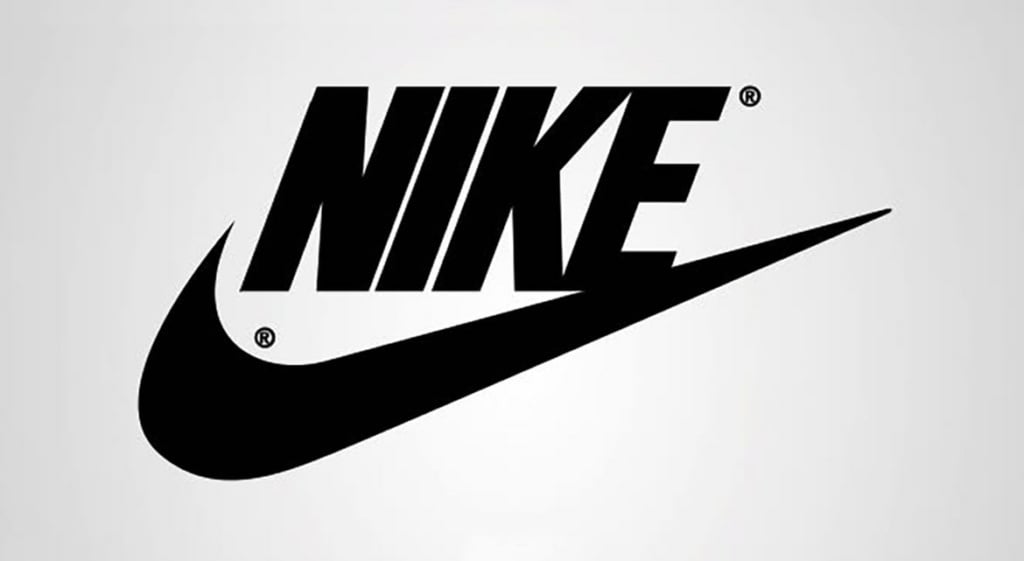
In the highly competitive landscape of modern business, branding has emerged as a critical factor in achieving long-term success and differentiation. As companies strive to stand out in crowded markets and build lasting relationships with their audience, understanding the importance of branding becomes essential.
What is branding?
Branding is a continuous effort to establish and nurture a unique brand image in consumer’s minds. This involves various strategies to enhance brand value, strengthen brand recognition, and promote the business through both digital and traditional marketing channels.
It is the process of giving a meaning to specific organization, company, products or services by creating and shaping a brand. It is a strategy designed by organizations to help people to quickly identify and experience their brand, and give them a reason to choose their products over the competition’s, by clarifying what this particular brand is and is not.
Types of branding
Each type of branding plays a crucial role in shaping how a business or individual is perceived and can significantly impact their success and growth. Here are several key types of branding, each with its own unique focus and strategy:
· Personal Branding
Personal branding revolves around an individual’s unique qualities, traits, vision, and behavior. It emphasizes shaping a public persona rather than just the individual’s inherent characteristics. Well-known figures such as Elon Musk, Madonna, and Chanel exemplify this concept.
· Retail Branding
With the growth of e-commerce, retail branding has gained significant importance. Just as with traditional brick-and-mortar stores, digital stores depend on effective retail branding to remain competitive, manage challenges, and meet long-term objectives.
· Product or Service Branding
Product or service branding encompasses all interactions customers have with a company across various channels. In today’s market, with its numerous touchpoints, effective branding is crucial for maintaining consistency across each one. This approach helps align the company’s efforts and enhances its overall impact.
· Geographic and Cultural Branding
Geographic branding targets a specific location, such as a city, region, state, country, or union, leveraging its unique characteristics.
Cultural branding, on the other hand, centers on customs and cultural elements that resonate with the target audience’s lifestyle.
Both types of branding offer distinct and often authentic selling points. For instance, geographic branding might highlight unique features or historical aspects of a region, while cultural branding emphasizes elements of local customs and traditions.
· E-Commerce Branding
E-Commerce branding is the process of creating a unique identity for an online store. It involves building a strong brand image that resonates with your target audience and helps you stand out in the competitive online marketplace.
E-commerce branding prioritizes the digital shopping experience and customers’ positive impression and perception of the company online.
10 Reasons why Branding is important for businesses
Branding is more than just a logo or a slogan; it’s the heart and soul of a business. A strong brand can significantly impact your company’s success. Here are 10 reasons why branding is essential:
- Builds Trust and Loyalty: A strong brand fosters trust and loyalty among customers, leading to repeat business and referrals.
- Differentiates from Competitors: Branding helps your business stand out from competitors by creating a unique identity.
- Increases Brand Recognition: A well-known brand is more likely to be remembered and chosen by consumers.
- Enhances Customer Experience: A consistent brand experience across all touchpoints can improve customer satisfaction and loyalty.
- Attracts and Retains Talent: A strong brand reputation can attract top talent and help retain employees.
- Increases Brand Value: A strong brand can increase the perceived value of your products or services.
- Improves Marketing Effectiveness: Branding provides a framework for effective marketing campaigns that resonate with your target audience.
- Mitigates Risk: A strong brand can help protect your business from economic downturns or market changes.
- Facilitates Expansion: A well-established brand can make it easier to expand into new markets or product lines.
- Creates a Lasting Legacy: A strong brand can create a lasting legacy that benefits your business for generations to come.
Branding vs. Marketing
When promoting a product or service, distinguishing between branding and marketing can be challenging. Branding focuses on crafting a unique identity for a company or product. This includes developing elements like a name, logo, tagline, and overall image to differentiate it from competitors and create a lasting positive impression, which fosters customer loyalty and boosts sales.
Marketing, however, involves actively promoting the product or service to potential customers. It encompasses strategies and tactics such as advertising, public relations, and sales promotions, all aimed at generating leads, increasing awareness, and driving sales.
Example of a company that excels in Branding

A great example of a company that excels in branding is Tesla. Tesla’s logo is instantly recognizable, and its products are known for their sleek design and high quality.
The company skillfully leverages social media to create a cult-like following, using platforms like Twitter to engage directly with customers and generate buzz. Tesla’s marketing campaigns often focus on the emotional appeal of owning a sustainable, high-tech vehicle, positioning them as a symbol of progress and innovation. Their direct-to-consumer sales model allows them to maintain control over the customer experience and reinforce their brand messaging. Additionally, Tesla’s commitment to sustainability aligns with growing consumer trends, making their products even more appealing to a wide audience.
Example of a company that excels in Marketing

Nike’s marketing prowess lies in its ability to create a strong emotional connection with consumers. The brand often taps into the power of storytelling, using athletes and cultural icons to inspire and motivate audiences. Nike’s iconic “Just Do It” slogan has become a global catchphrase, encouraging individuals to push their limits and strive for greatness.
Conclusion
In conclusion, branding is a fundamental component of business success that goes beyond mere visuals and messaging. It encompasses the creation of a unique identity, fosters customer loyalty, and establishes a trusted reputation. Effective branding not only differentiates a business from its competitors but also enhances its perceived value, supports marketing efforts, and facilitates growth and expansion. By building strong brand equity, businesses can attract talent, generate customer advocacy, and ultimately drive long-term success. Investing in branding is investing in the future of your business, ensuring it stands out in a crowded market and resonates deeply with its target audience.





